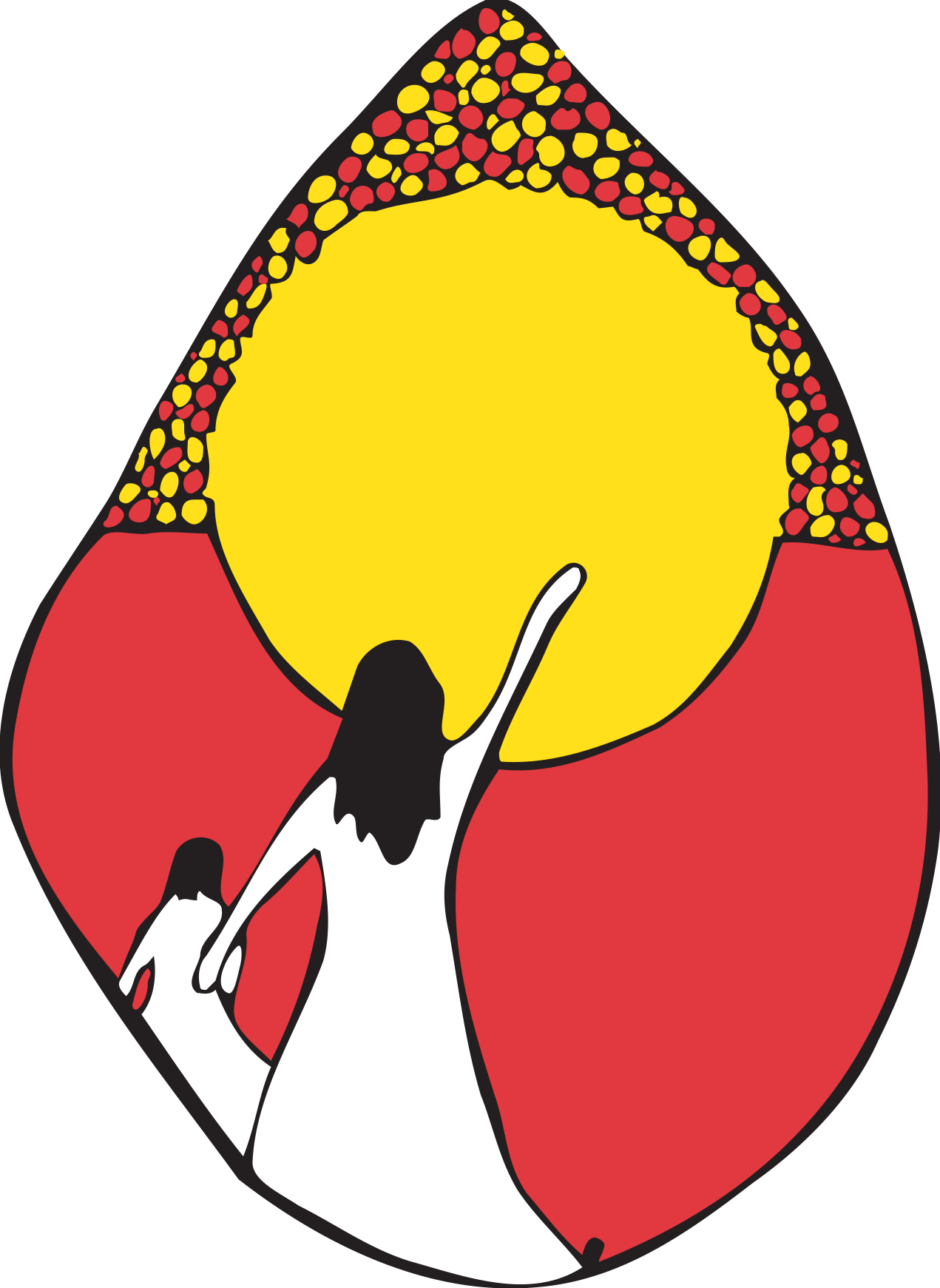Our Story
We offer services for Aboriginal and Torres Strait Islander women, children and youth in NSW
Our Purpose
To provide Aboriginal and Torres Strait Islander women and children in NSW with a gender-specific service sensitive to their culturally diverse needs; and to provide Aboriginal and Torres Strait Islander women victims-survivors of violence with access to appropriate legal representation, advocacy, advice, and referral.
The Centre's values are that Aboriginal and Torres Strait Islander women manage the service, be non- profit-making, and pay special attention to the needs of economically and socially disadvantaged Aboriginal and Torres Strait Islander women and children.
The words Wirringa Baiya in traditional language mean “Women Speak”.
Wirringa
Women Central inland New South Wales.
Baiya
Speak – Sydney language groups include Eora, Dharug and Darkinjung from the North-Western, New South Wales.
Our Story
Aboriginal women faced many barriers such as racism, sexism, discrimination, they were ignored, dismissed, and neglected by many services. Aboriginal women did not want to access generalist services as they were not always culturally appropriate, and they did not understand or comprehend the complex needs that exist for Aboriginal women.
There was an expectation that Aboriginal people would deal with these situations themselves, and many services did not want to be involved with assisting Aboriginal women and children experiencing violence.
Although the Aboriginal Legal Service (ALS) was available for Aboriginal people to access, its primary function was to assist Aboriginal people with criminal matters. Therefore, they would often assist the alleged perpetrator/offender of the violence. As a result, the ALS was in direct conflict with many Aboriginal women within the community who needed their own legal assistance.
After many years of long and hard lobbying, a group of strong Aboriginal women recognised a gap in services for Aboriginal women who were victims of violence. It was apparent that Aboriginal women were not being supported or assisted by services. The Centre was opened in 1994 as the NSW Aboriginal Women’s Resource Centre. At the time the centre provided Aboriginal and Torres Strait Islander women with legal information and resources.
In 1997, with additional funds the Centre underwent a restructure and in 1998 it changed its name to Wirringa Baiya Aboriginal Women’s Legal Centre. The name change represented and reflected the work and the purpose of the Centre.
Wirringa means ‘women’, with the language originating from Central inland New South Wales, and Baiya means ‘speak’ which originates from the Darrkinyung, Dharug, Eora and North-Western NSW language groups. The name chosen in keeping with one of Wirringa Baiya’s primary aims; to provide a voice for Aboriginal women.
The restructure also meant that the Centre became a legal practice and was able to employ a solicitor. With the addition of the solicitor the centre is now able to offer legal advice and legal casework.
Wirringa Baiya has grown over the years from one solicitor to two full time solicitors and three part time solicitors.
Wirringa Baiya was also the first and only Aboriginal women's legal centre managed by Aboriginal women in New South Wales, and the first within Australia.




